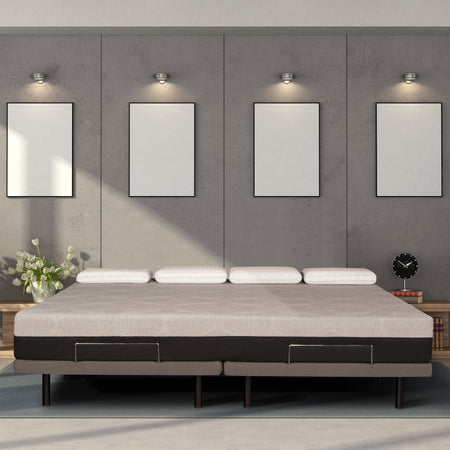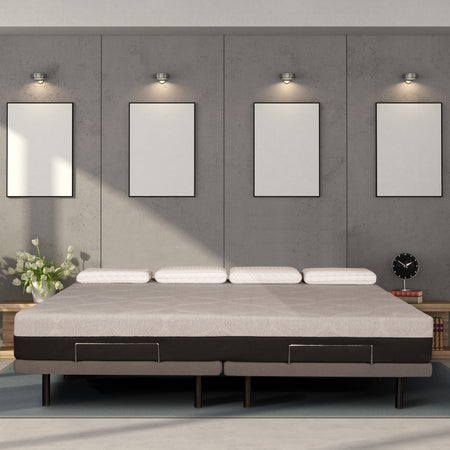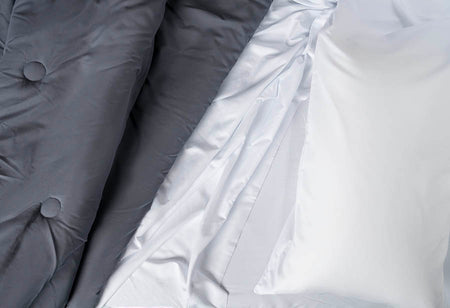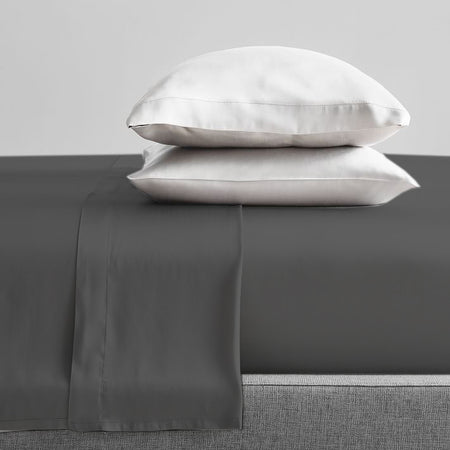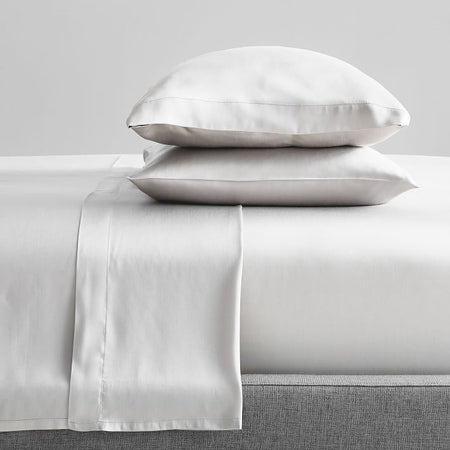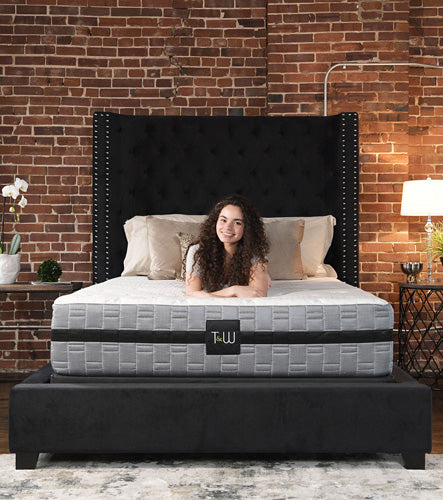If someone asks you what is your favorite sleeping position and you answer, "the recliner," don't miss these tips on how to get a good night's sleep. Sleep is too important to ignore. You owe this to yourself.
The Link Between Dementia and Lack of Sleep
Growing evidence shows that lack of sleep increases the risk of developing Alzheimer's and other forms of dementia. This is a significant concern for middle-aged Americans. But, according to the National Institutes of Health (NIH) in the United States, we're learning that poor sleep quality in younger people may also increase risk.
"Studies have suggested that sleep patterns earlier in life may contribute to later dementia risk. Both insufficient sleep and sleeping longer than average are linked to a great likelihood of developing dementia."
The Importance of Sleep Hygiene and Sleeping Position

Research involving 7,000 men and women in the UK stresses improving our chances of getting a good night's sleep.
"To ensure a better night's sleep, it is important to promote good sleep hygiene, such as making sure the bedroom is quiet, dark, and a comfortable temperature before sleeping. It's also advised to remove electronic devices and avoid large meals before bedtime. Physical activity and exposure to light during the day might also promote good sleep."
Studies of sleep positions and their benefits are ongoing. According to John Hopkins Medicine, sleep position is less important for young, healthy people, "but as you get older and have more medical issues, sleep position can become positive or negative."
Sleeping Position Can Affect You
One or more of these can make it more important for you to find the ideal sleep posture.
Acid Reflux (GERD)
Shoulder Pain
Neck Pain
Obstructive Sleep Apnea
Hip Pain
Lower Back Tension

The Benefits and Drawbacks of Different Sleeping Positions
There is no single ideal sleeping position for everyone. You might prefer the fetal position or sleeping on your stomach, while others consider themselves a side sleepers. We encourage you to try different positions until you find the one that gives you the most peaceful night of sleep.
Sleeping on your back
Some refer to this as the supine position. Approximately 13% of people sleep on their backs either straight up and down in the "soldier" or spread out like a "starfish."
Pros
- Sleeping on your back helps align your neck and shoulders with your spine. This can reduce tightness and soreness. A soft pillow or one that accommodates the natural curve of your neck is advised.
- Elevating your torso with an adjustable bed frame can alleviate acid reflux at night.
- If you're worried about wrinkles or waking up with creases on your face from your pillow, this position can help.
Cons
- Those who seek to reduce snoring may experience a worsening effect from sleeping on their backs.
- Even more of a concern exists for those who have Sleep Apnea. This position makes this sleep disorder worse unless you're using a CPAP device.
- For those who are over 20 weeks pregnant, sleeping on the back is not advised.
Stomach Sleepers
Sleeping face-down on your stomach is preferred by approximately 7% of the population. Unless you're a newborn, most of us are uncomfortable in this position. There are some advantages and drawbacks to be considered when sleeping in a prone position.
Pros
- Sleeping on your stomach can, in some cases, help with Sleep Apnea.
- Airways are less likely to be blocked.
- The prone position may also help your digestive system. Your gastrointestinal tract is allowed to stretch out, thus helping it process your latest meal.
Cons
- Stomach sleepers can put more strain on the neck and shoulders. Most of your body weight is concentrated in the core, and this position makes your middle sink further down into the mattress.
- This is definitely not a recommended sleeping position for back pain.

Side Sleepers
This is the most common position, and approximately 41% of people prefer some variation of side sleeping. Whether you sleep on your left or right side, finding a position that helps you sleep more soundly with less tossing around is the point. Some research suggests sleeping on your left side is preferred, but it's all up to the individual. Try both to see which gives you the most refreshing night of sleep.
Pros
- Symptoms associated with sleep apnea and snoring are reduced when sleeping on your side.
- Doctors encourage pregnant people to sleep on their left side for improved circulation.
- Side sleepers also experience relief from symptoms associated with heartburn and acid reflux.
Cons
- Sleeping on your side may add more pressure to your shoulders, elbows, and hips.
- If you're a side sleeper, pressure points may reduce circulation.
How to Find the Right Mattress and Bed
Many people hang onto their mattresses long after their needs may have changed. When you're single, a full or queen-size may seem like the perfect mattress, but later if you and your partner like to spread out in a "starfish position," a king-size might be better for your sleep and your relationship.
For years there has been an ongoing debate about which is better: memory foam or innerspring mattresses. Today, you can get the benefits of both in a hybrid mattress. The most important thing you can do is find a trusted sleep expert to help you decide which mattress is ideal.


